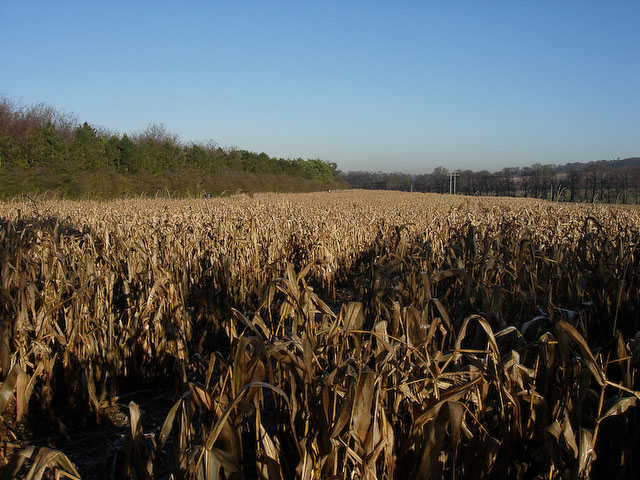Cover crop root exudates impact soil microbiome functional trajectories in agricultural soils

Cover cropping, a sustainable agricultural practice, leverages secondary crops to improve the growth of primary crops via mechanisms like erosion control and nutrient management. This study explores how different cover crops—Sorghum bicolor, Vicia villosa, Brassica napus, and Secale cereal—affect soil microbiomes through the release of phytohormones and other root exudates. By analyzing these interactions using metabolomes and metatranscriptomes, researchers have linked specific root exudates to unique microbial functions and nitrogen cycling processes. Findings suggest that manipulating root exudates could direct soil microbiome functions, offering new strategies for precision agriculture.
